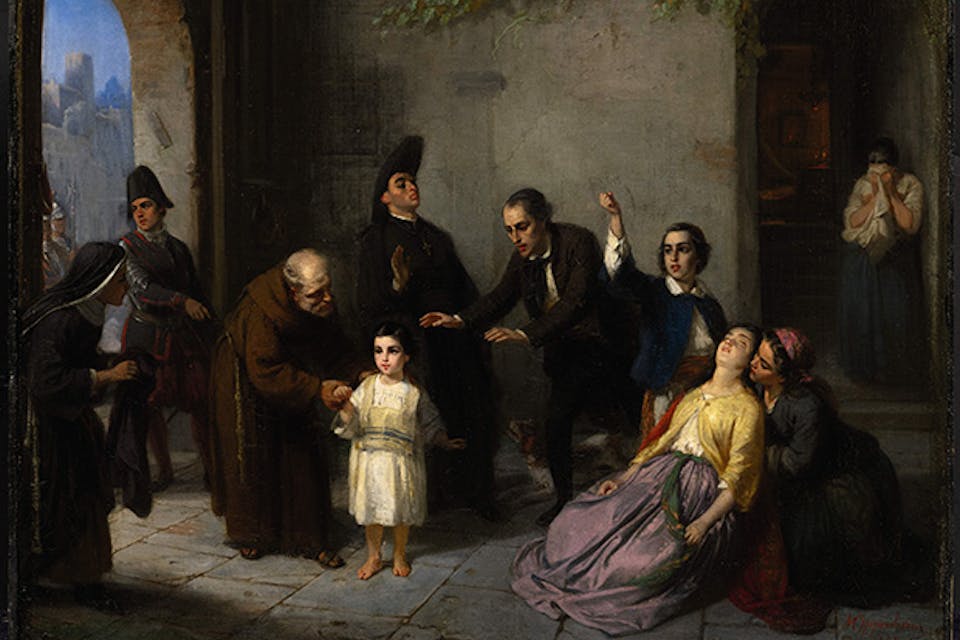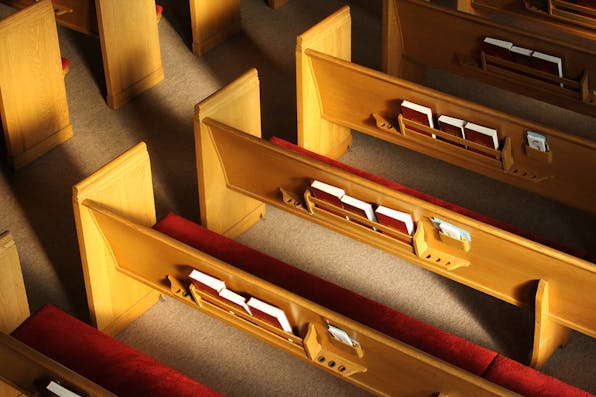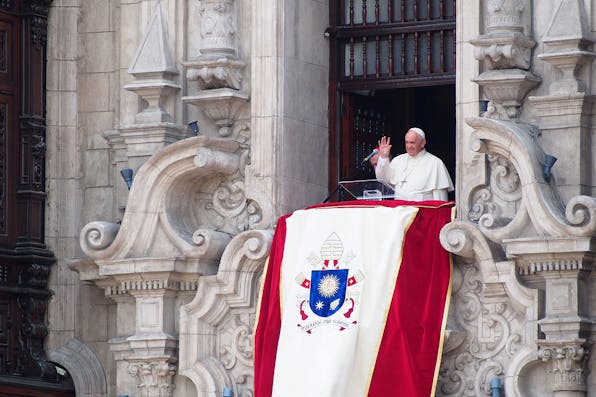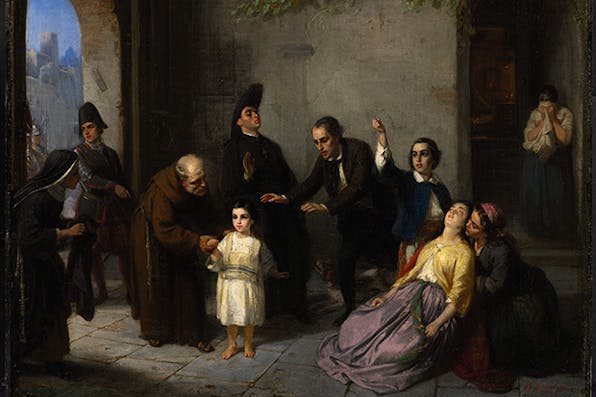
March 26, 2018
Should Religious People Affirm the Modern Liberal Order, or Reject It?
This question, and the tensions generated by it, underlie any discussion of Jewish–Christian relations.
I am grateful to Jon D. Levenson and R.J. Snell for their responses to my essay in Mosaic on the continuing reverberations of the 1858 Mortara case and the heated debate aroused by its recent treatment in the journal First Things. Jon Levenson has, with characteristic brilliance, explored the implications of these debates for the relations of contemporary Jews and Catholics both to each other and to modern liberalism. R.J. Snell has pushed me to refine my account of the Second Vatican Council (Vatican II), and provided a valuable overview of the Church’s current teaching on religious liberty.
Here I mean to focus on two subjects with which both of my respondents deal: the question of continuity and change in religious traditions, and the tension between negative and positive conceptions of liberty (commonly distinguished in shorthand as freedom from and freedom to).
Levenson, citing changes in Church teachings inaugurated by Vatican II, observes that, on the specific subject of the Jews,
Responses to March ’s Essay

March 2018
Comparing (and Contrasting) Catholic and Jewish Reactions to the Modern Liberal Order
By Jon D. Levenson
March 2018
Some Catholic Religious Thinkers Are Anti-Liberal, but the Church Is Not
By R. J. Snell
March 2018
Should Religious People Affirm the Modern Liberal Order, or Reject It?
By Nathan Shields